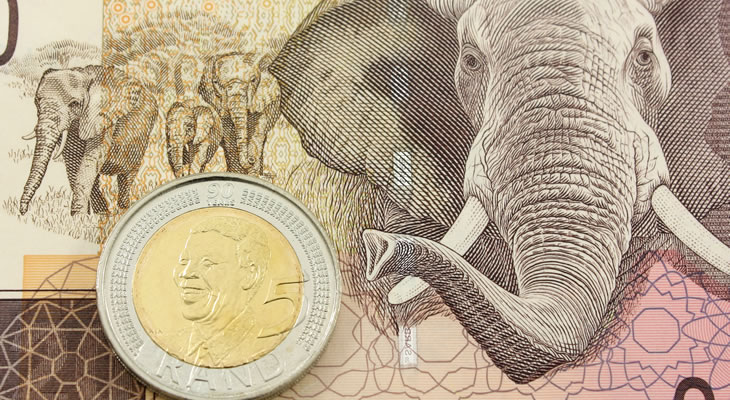UPDATE: The South African Rand (ZAR) gained a boost after October’s core inflation rate failed to pick up as forecast, indicating that inflationary pressure is not as elevated as estimated.
This put pressure on the Pound Sterling to South African Rand (GBP/ZAR) exchange rate, while a higher-than-expected UK public sector net borrowing figure also weighed heavily on investor sentiment.
With new government debt found to have risen sharply on the month in October confidence in Pound Sterling (GBP) naturally diminished.
Improved UK Industrial Orders Boost Pound Sterling South African Rand (GBP/ZAR) Exchange Rate
An unexpectedly strong improvement in November’s CBI industrial orders index helped to shore up Pound Sterling (GBP), in spite of lingering political worries.
As the index surged from -6 to 10 on the month this encouraged greater confidence in the outlook of the UK manufacturing sector.
This solid performance suggests that the domestic economy largely shrugged off worries over Brexit and the UK’s future relationship with the EU, boosting hopes of a more resilient fourth quarter performance.
The recovery in demand for UK goods gave the Pound Sterling to South African Rand (GBP/ZAR) exchange rate a fresh leg up.
However, with the DUP threatening to withdraw their support for Theresa May’s government in response to the proposed Brexit deal these gains are likely to prove short-lived.
Rising Inflation to Put Pressure on South African Rand (ZAR) Exchange Rates
Confidence in the South African Rand (ZAR) could diminish in the wake of October’s inflation data, with forecasts pointing towards another uptick in the headline rate.
If annual inflation picks up from 4.9% to 5.1% as forecast this is likely to put pressure on the South African Reserve Bank (SARB) to consider further monetary tightening.
While this would still fall within the SARB’s target range for inflation investors are unlikely to greet any fresh increase in price pressures.
As concerns remain over the underlying health of the South African economy support for ZAR exchange rates is likely to remain limited in the days ahead.
Elevated global trade tensions may also encourage investors to sell out of the Rand in favour of its less risk-sensitive rivals.
GBP/ZAR Exchange Rate Vulnerable as Brexit Deal Faces Parliament
The GBP/ZAR exchange rate remains exposed to downside pressure in the days ahead as Theresa May attempts to gain parliamentary support for her proposed Brexit deal.
With the DUP appearing ready to rebel and various Conservative MPs also voicing discontent with the deal there is a significant risk that May will not be able to gain enough votes to pass the agreement.
Analysts at Nordea Markets take a pessimistic view of the current political turmoil, noting:
‘There is no majority in favour of anything in the House of Commons, meaning that it is ultimately very hard to imagine any progress being made without a shakeup of the current composition of mandates. New elections are unavoidable.’
If Conservative MPs gather enough letters of no confidence to bring a leadership challenge against May this could weigh heavily on demand for the Pound.
With mere months left before the March 2019 deadline for the UK’s departure from the EU any fresh upheaval is likely to put a dampener on GBP exchange rates.
As long as the odds of a no-deal Brexit remain elevated the Pound Sterling to South African Rand (GBP/ZAR) exchange rate may struggle to find much in the way of positive momentum.


Comments are closed.